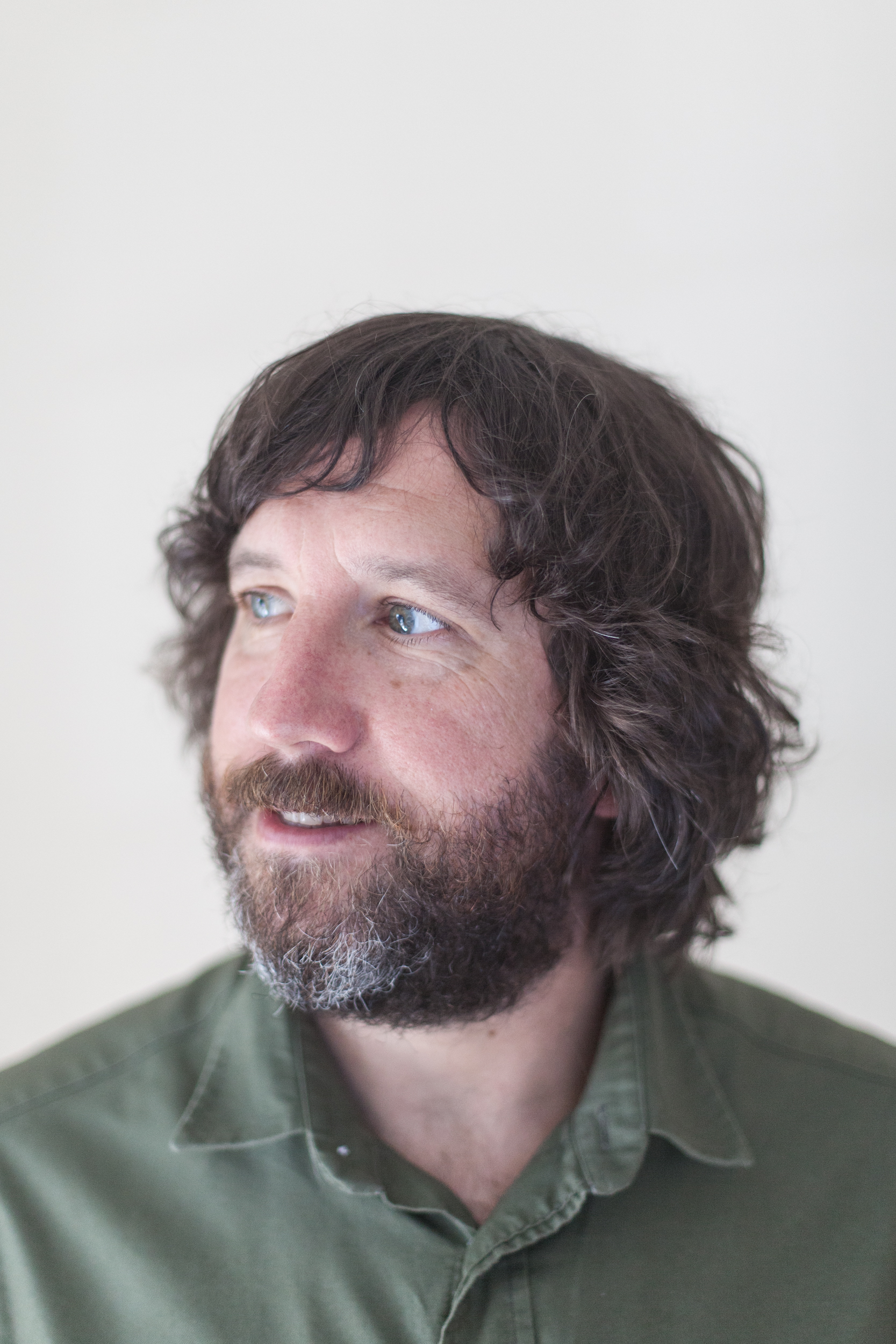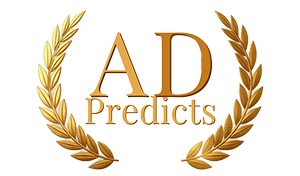Barry composer David Wingo talks about finding his way to television through famed cineast Bill Hader and what it’s like to score a series that balances both comedy and drama.

Emmy embraced the second season of HBO’s Barry with a series-high 17 nominations. Included within that haul is a first-time nomination for composer David Wingo. Wingo originally hailed from the cinematic worlds of hot independent directors David Gordon Green and Jeff Nichols. However, a meeting with cineast Bill Hader brought Wingo to television to score the first season of HBO’s comedy/drama/action hybrid Barry.
For Barry‘s acclaimed second season, David Wingo received his first Emmy-nomination along with such high profile contenders as Game of Thrones and This Is Us. Here, he talks about scoring the comedy-drama and how he approaches the material. He also talks about “What?!,” his Emmy-nominated episode, and the opportunities for scoring therein that warranted it as his 2019 Emmy submission.
Awards Daily: David Wingo, this is your second season scoring Barry. How did you get involved with the series originally?
David Wingo: My background is working with David Gordon Green and Jeff Nichols, two film directors who both went to the North Carolina School of the Arts. A lot of my film world comes through the North Carolina School of the Arts. It always seems inevitable that my work will have some connection there, and a friend of mine Kris Baucom [who also attended North Carolina School of the Arts] was the post-production producer on Barry‘s first season.
He threw my name in there, and it turned out that Bill Hader is a serious cinephile, maybe more than anyone I’ve ever known. To a Tarantino degree maybe. When Kris brought my name up, Bill was like, “Oh, I love All the Real Girls and George Washington.” Those with the first two films I’d ever worked on with David. This was my first TV show, and it ended up coming to me because Bill was such a fan of my film scores.
AD: So your film scores brought you to television for Barry. What are the major differences between scoring for film and for television?
DW: It’s interesting that you ask because I thought it was going to be extremely different in every possible way. I think Barry was the perfect transition series for me because, with Bill’s sense of taste and HBO’s high quality of product and ability to let creators make their own decisions without getting in the way, I never felt like I had to compromise on anything. I felt like I was back working on an indie film in a lot of ways as far as the creative process. It’s really just me and the director. Plus, the kind of music Bill wanted wasn’t your typical polished TV score. He wanted dark and raw – to go down a more non-traditional road.
AD: So, how do you get engaged with each episode? Do you have scripts or do you receive the rough cut of each episode before you score them?
DW: I like to get involved as early as possible. That’s how I did it in film. When they’re filming, I’m already coming up with ideas, I’ve already read the script, and we’re already talking about multiple ideas for scoring. The familiarity with the material and the filming experience makes it feel more like a collaboration, and that’s what I’m used to. That’s what I do on Barry. I ask for any kind of rough-cut they can give me. I read scripts. I get the impression that, quite often, traditional TV composers are not scoring until they have picture lock.
AD: Barry straddles the line between drama and comedy. How does your score reflect that dichotomy? Do you consider this a comedic or dramatic score? Is there a difference?
DW: There’s certainly a difference, and that took a little bit of time to find the tone. When we first started the series, Bill and I spent a lot of time trying to find that tone. How is music going to serve the duality of the darkness and the comedy? Bill was pretty certain that he did not want a “traditional” comedy score. It was a long process to find that tone. We didn’t want a “cool hitman” score or one that felt too hangdog. By the end, we decided that the score wasn’t there to uphold the comedy. The score would be there to a) underscore the emotional arc of the characters and b) to serve the tension and anxiety of the series.
The show actually doesn’t use music in a lot of scenes. We never wanted to make Barry’s hitman jobs seem cool. We wanted to underscore that these hits were cold, tactical things that just part of his DNA. We didn’t want it to seem cool or stylized ever. Quite often you’ll see that music builds up to a hit scene, builds up the anxiety and tension, but once you actually get into the action, it’s just pure silence. The lack of music is often the thing we really struggled to figure out. We didn’t want music to change the series’ tone.
AD: You were nominated for Episode 4, “What?!” What was it about that episode that provided great opportunities for an interesting score? What did you want to elicit specifically with your score?
DW: There were two things. There’s a scene at the end where Barry has been caught on tape admitting to murder. The editor had taken a piece of music from the first season that made conceptual sense, and we thought it would be cool to bring that piece back into Season 2. Bill agreed and said he had goosebumps from it. So, I changed it to be specific to the picture, but knowing that Bill responded that much to the concept, this seemed to be The One.
Second, going back to what we talked about earlier, there were just a lot of varied moments that straddled both comedy and drama. There are a few sad, emotional, melancholy things dealing with Barry, Barry and Sally talking, and a scene with Fuches. There’s a scene where Barry’s going to a hotel to kill Sally’s ex, and that provided a lot of long sound design that I was really happy with. I just thought this episode was a good model of what we were trying to do with the score.
















